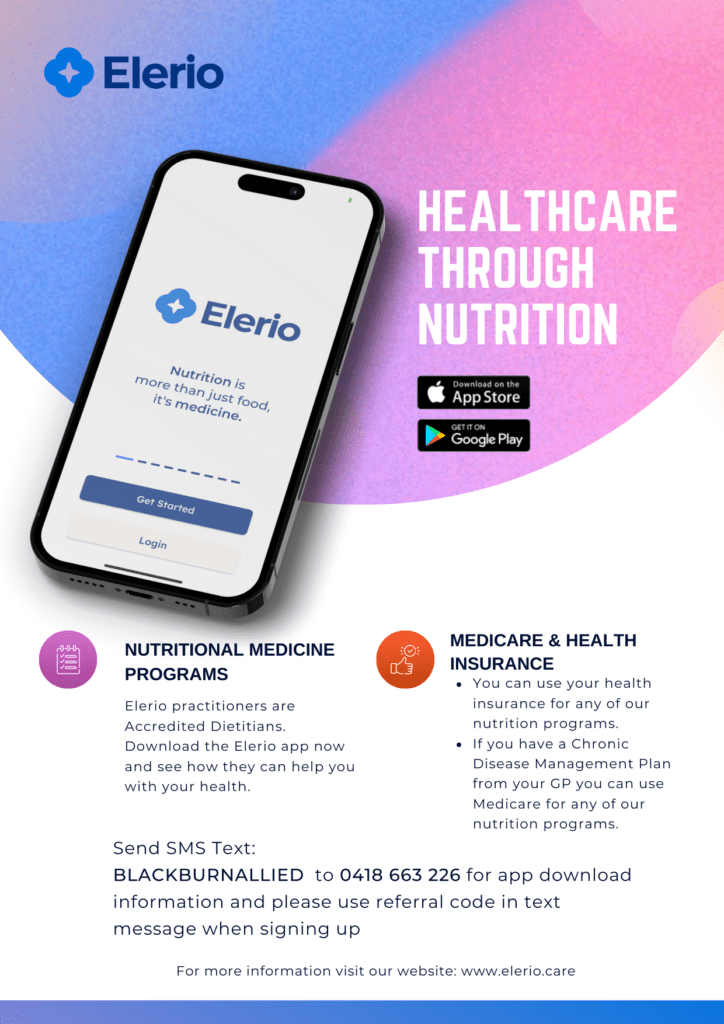Cholesterol
What is Cholesterol?
Understanding LDL Cholesterol:
The Silent Culprit Behind Cardiovascular Health
In recent years, cardiovascular diseases have become a leading cause of morbidity and mortality worldwide. Among the numerous factors contributing to these conditions, LDL cholesterol has gained significant attention. LDL, or low-density lipoprotein, cholesterol is often referred to as the “bad” cholesterol due to its role in the development of atherosclerosis and heart disease.
What is LDL Cholesterol?
LDL cholesterol is a fatty substance produced naturally by our bodies and obtained through certain foods. Its primary function is to transport cholesterol from the liver to cells throughout the body, providing them with necessary fats for various physiological processes. However, excessive levels of LDL cholesterol can lead to health problems.
The Role of LDL Cholesterol in Cardiovascular Disease:
High levels of LDL cholesterol in the bloodstream can gradually accumulate within the arterial walls, forming plaques. These plaques, composed of cholesterol, fat, and other substances, narrow the arteries and restrict blood flow. Over time, this process, known as atherosclerosis, can significantly increase the risk of heart attacks, strokes, and other cardiovascular complications.
Managing LDL Cholesterol:
Maintaining healthy LDL cholesterol levels is crucial for cardiovascular health. Here are some key strategies for managing LDL cholesterol effectively:
Healthy Diet: One of the most effective ways to improve your cholesterol level is by tweaking your diet towards addition of functional foods such as those high in monounsaturated or polyunsaturated fats
Regular Exercise: Engaging in physical activity regularly helps increase HDL (high-density lipoprotein) cholesterol, the “good” cholesterol that helps remove LDL cholesterol from the bloodstream. If you can, aim for at least 150 minutes of moderate-intensity exercise per week.
Weight Management: Maintaining a healthy weight plays a vital role in managing LDL cholesterol levels. Losing excess weight, if necessary, can help reduce LDL cholesterol and improve overall cardiovascular health.
Quit Smoking: Smoking damages blood vessels and lowers HDL cholesterol levels, making it even more important to control LDL cholesterol through other lifestyle modifications.
Medications: In some cases, lifestyle changes may not be sufficient to manage LDL cholesterol levels. In such instances, doctors may prescribe medications, such as statins or cholesterol absorption inhibitors, to help lower LDL cholesterol and reduce cardiovascular risks. You should always consider though the natural ways to manage this.
While LDL cholesterol is an essential component of our body’s functioning, high levels can pose serious health risks. Understanding the role of LDL cholesterol and adopting a healthy lifestyle, including a better diet, regular exercise, and weight management, can help keep LDL cholesterol in check. Remember, the right knowledge and the right support can go a long way in safeguarding our heart health.
Download the Elerio app now and sign up with the code BAHG06 so our dietitian Mike O’Sullivan can help you improve your cholesterol with his 8-week program.
Text BLACKBURNALLIED to 0418 663 226 for download link and begin your nutrition journey
Please use the code BAHG06 when signing up in the app


